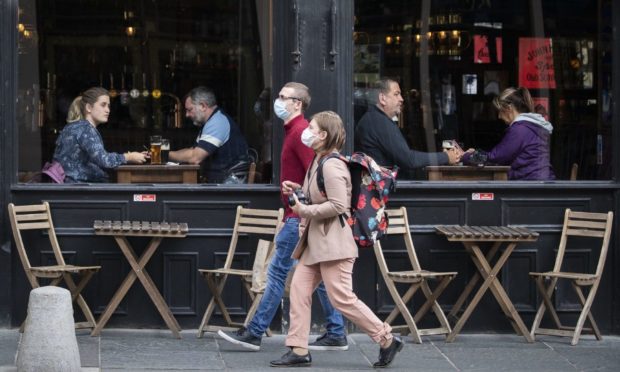Researchers behind the creation of a £1.35 million Covid- droplet tracker hope the new online tool will aid decisions about how the country moves out of the coronavirus lockdown.
Engineers from five UK universities are using fluid modelling techniques to track the spread of infected airborne droplets across areas like shops, restaurants and schools in the hope of making indoor spaces safer as we live with coronavirus.
They’re pulling together experts in modelling, computation and fluid mechanics to work together for the next 18 months to create an online tool, capable of predicting the spread of airborne droplets of fluid carrying infection through breathe, coughs, sneezing or speech.
The system called Reliant is set to run on mobile devices and computers and will allow users to custom-build detailed models of any indoor space and visualise how changes in seating arrangements, number of occupants and amount of ventilation affect the transport of droplets around the area.
The software will also be able to model the impact of face-masks on the spread of droplets.
Professor Andrea Cammarano, of Glasgow University’s James Watt School of Engineering, said: “Currently, there’s no unified system to help people decide how best to minimise the risk of infection indoors.
“Our hope is that project Reliant will provide an easy-to-use platform to help anyone who has a responsibility for health and safety in an indoor space to keep people safe, both while we’re dealing with Covid-19 and for any similar pandemics we might face in coming years.”
Researchers from the Universities of Cambridge and Strathclyde, Imperial College London and Queen Mary University of London are all contributing to Reliant.
